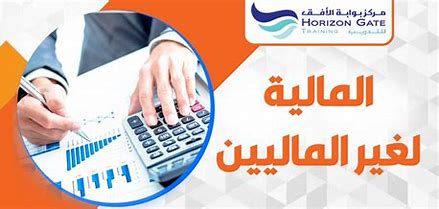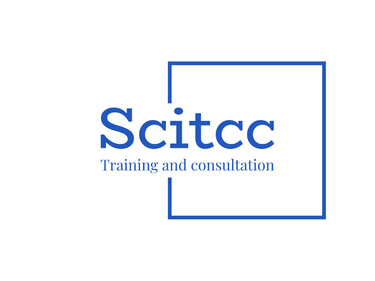
Financial Training Program for Non-Specialists in Financial Management
Financial Training Program for Non-Specialists in Financial Management
$3500.00
Day One: Introduction to Financial Management
Definition of financial management: The importance and benefits of money management in business.
The different types of financial management: The difference between personal and managerial financial management.
Basic concepts in finance: interest, savings, risks, and returns.
Basics of Financial Data Analysis: An Introduction to Financial Statements such as the Balance Sheet and Income Statement.
Day Two: Financial Planning and Budgeting
The concept of financial planning: how to plan for money in the short and long term.
Budget preparation: How to prepare a financial budget for personal or business purposes.
Simple financial analysis: Comparing revenues and expenses.
Setting financial goals: How to set specific and achievable financial goals.
Day Three: Financial Data Analysis
Financial statement analysis: How to read and analyze the balance sheet and income statement.
Financial performance indicators: Such as return on investment (ROI), return on assets (ROA), and liquidity ratios.
Using financial ratios to evaluate performance: Applying ratio analysis to businesses.
Day Four: Making Financial Decisions
Making decisions based on financial data: How to make decisions based on numbers and analyses.
Balancing risks and returns: How to manage risks in financial decisions.
How to plan cash flows: Analyzing and calculating cash flows.
The impact of financial decisions on business operations: Understanding how financial decisions affect business processes.
Day Five: Investment Strategies and Capital Management
Basic concepts of investment: Explanation of investment tools such as stocks and bonds.
Types of investments: Short-term and long-term investments.
Capital management: How to allocate and use capital effectively.
Crisis financial planning: How to prepare for unexpected financial situations.
Teaching Method:
Teaching method: A mix of interactive lectures, group workshops, and practical case studies.
Evaluation: A practical test at the end of each day to ensure the application of the acquired concepts.
Interaction with the coach: Dialogue sessions and open discussions to ask questions and solve problems.


